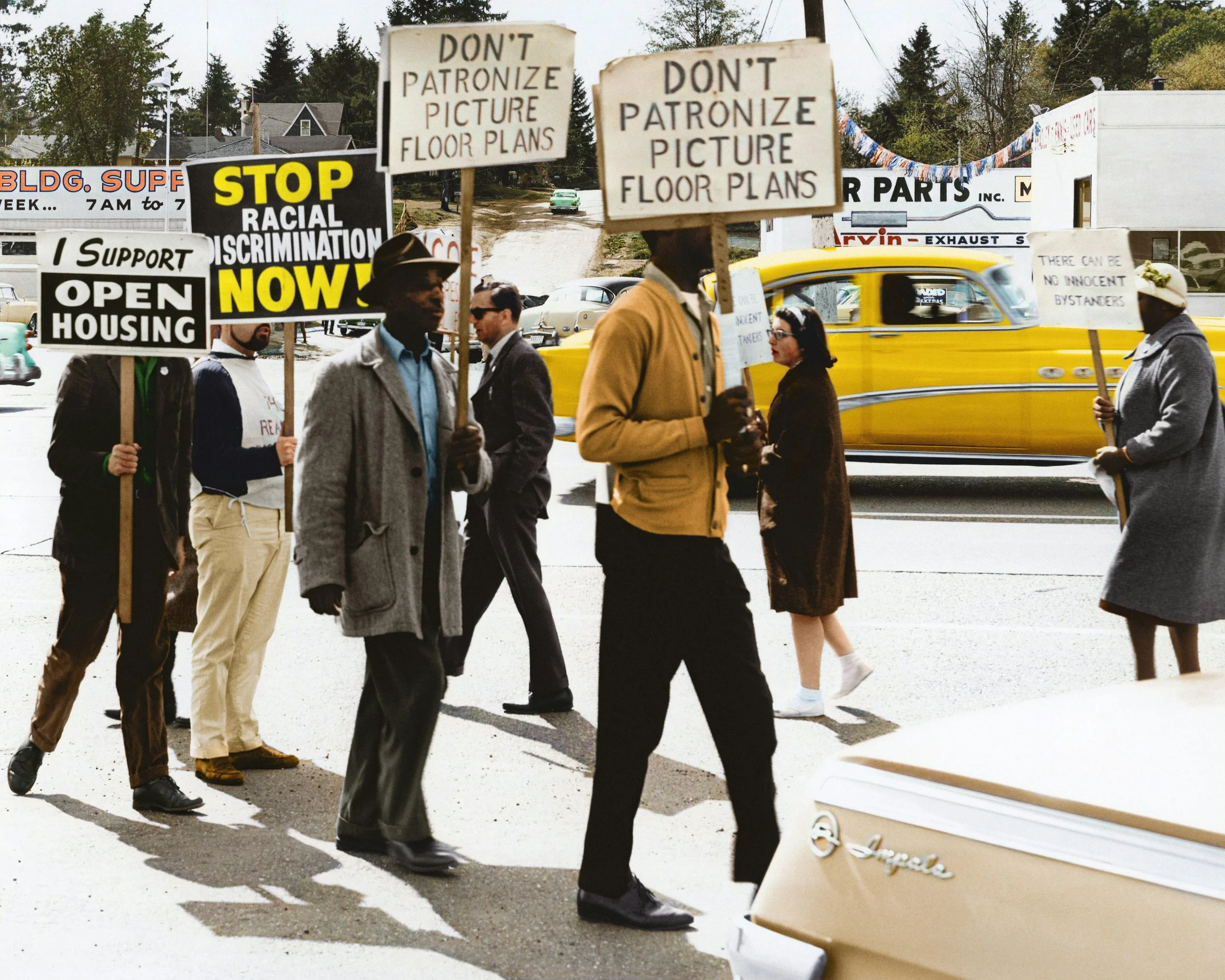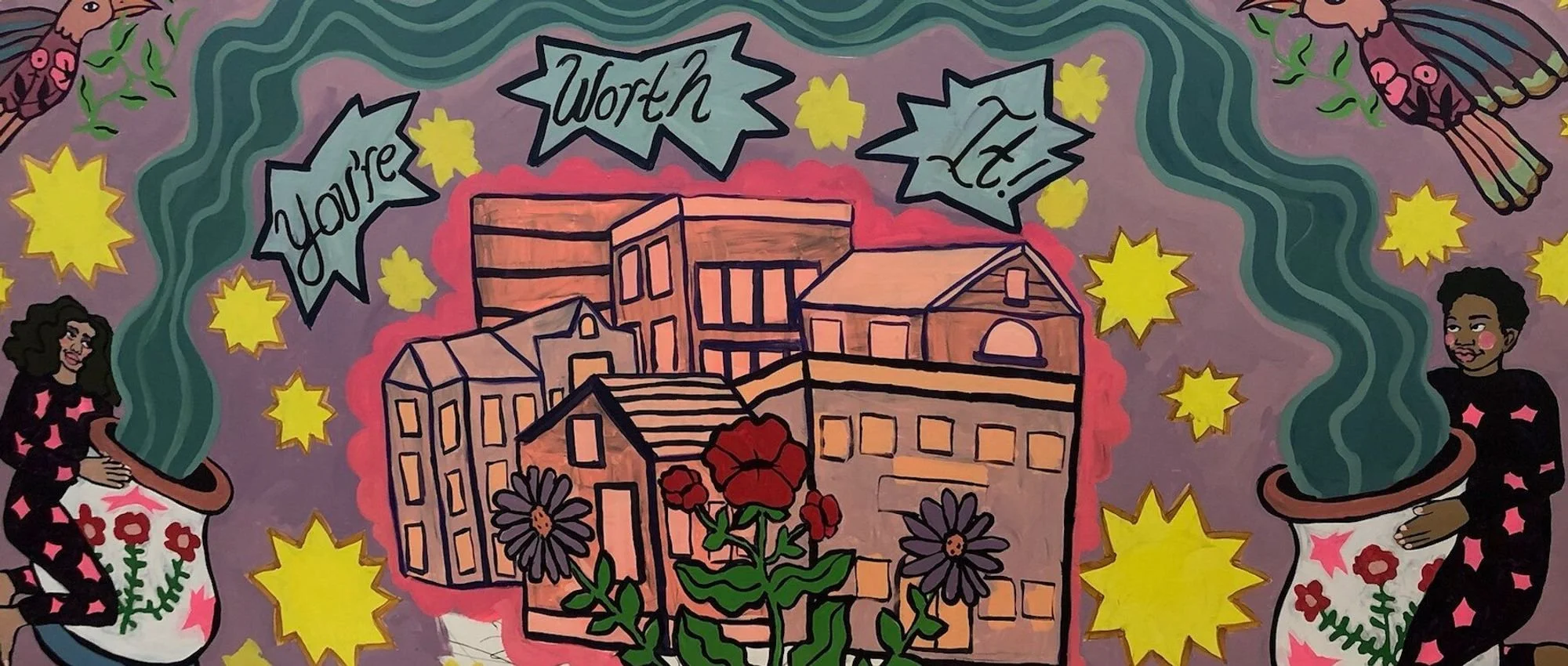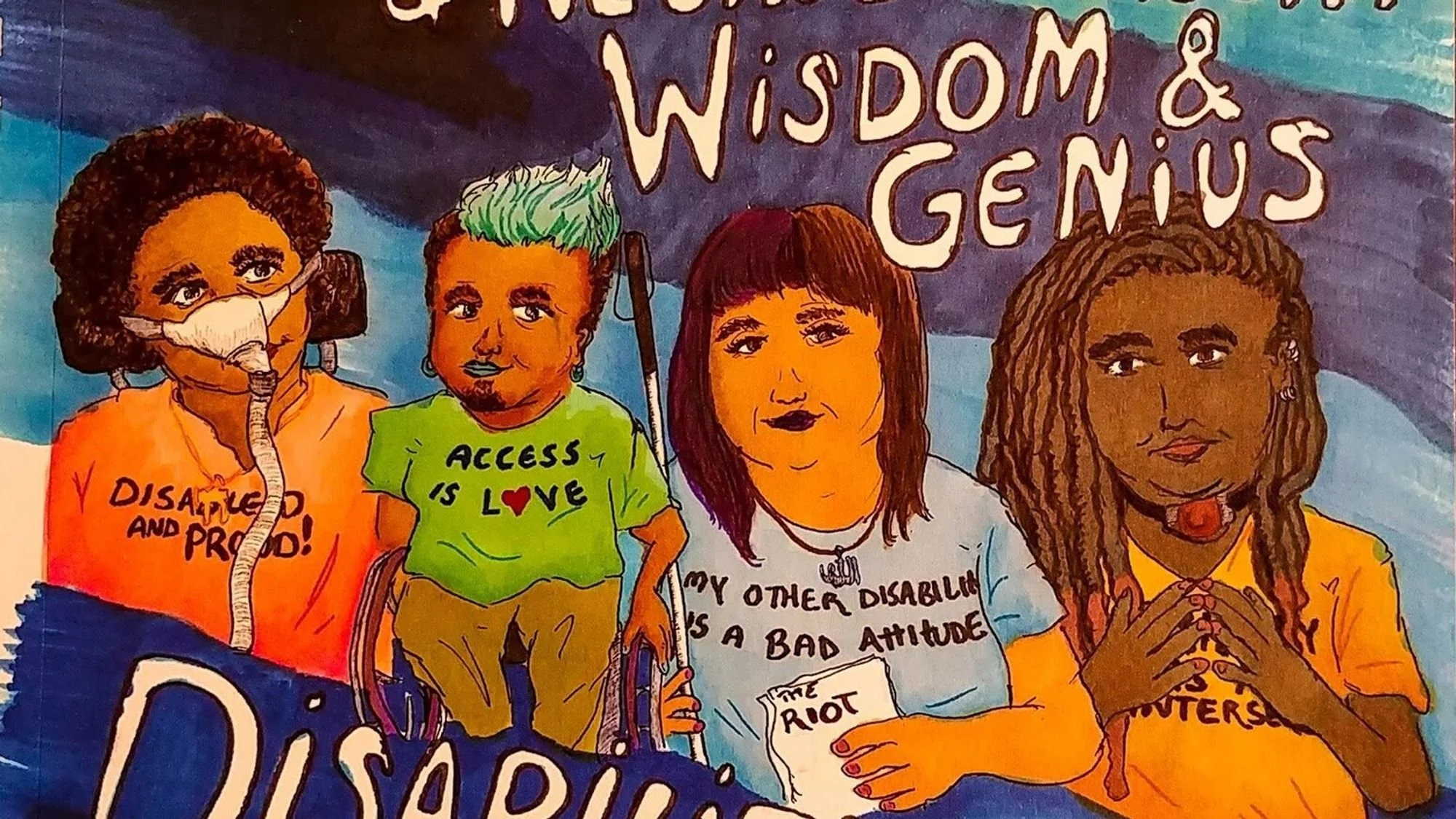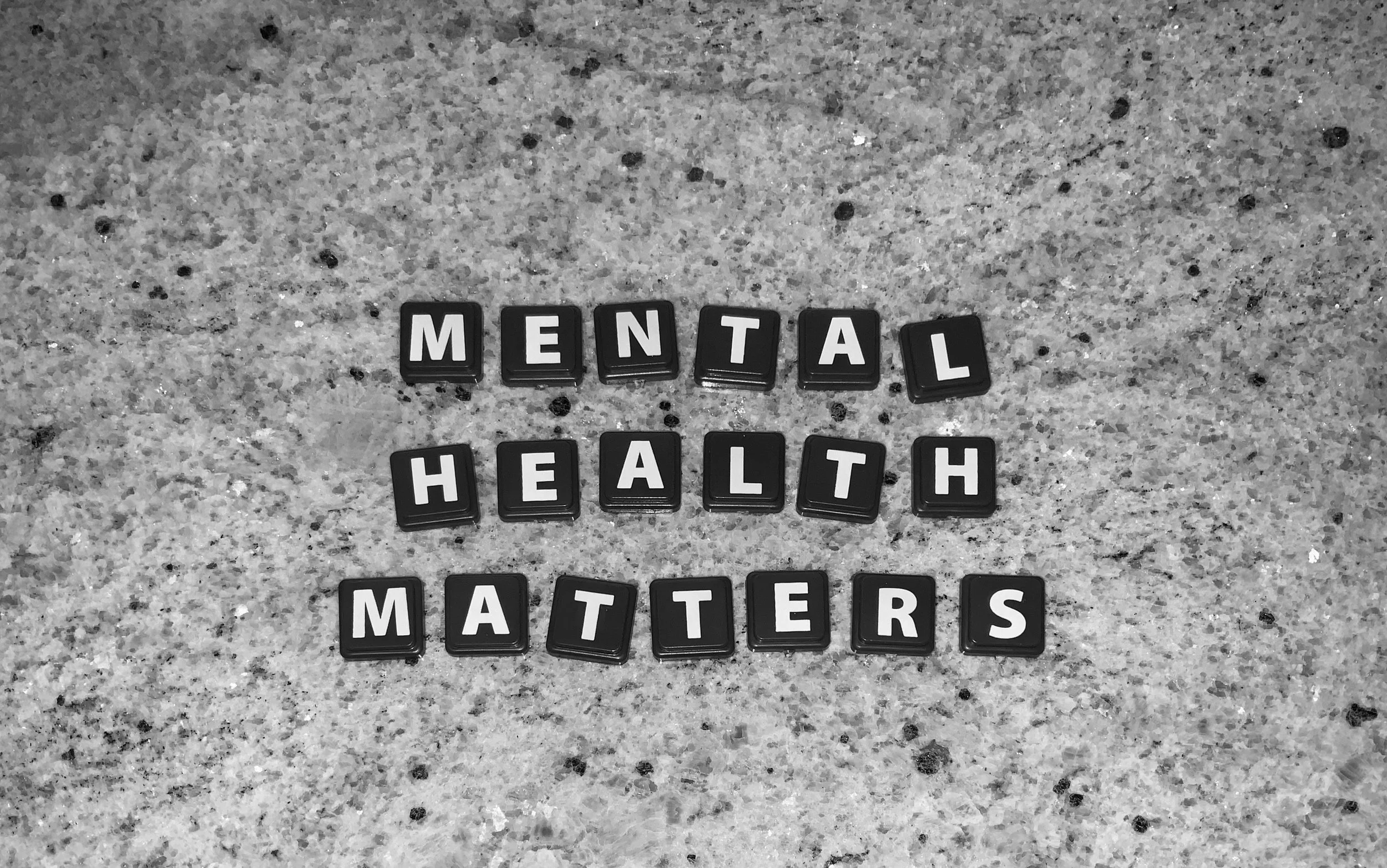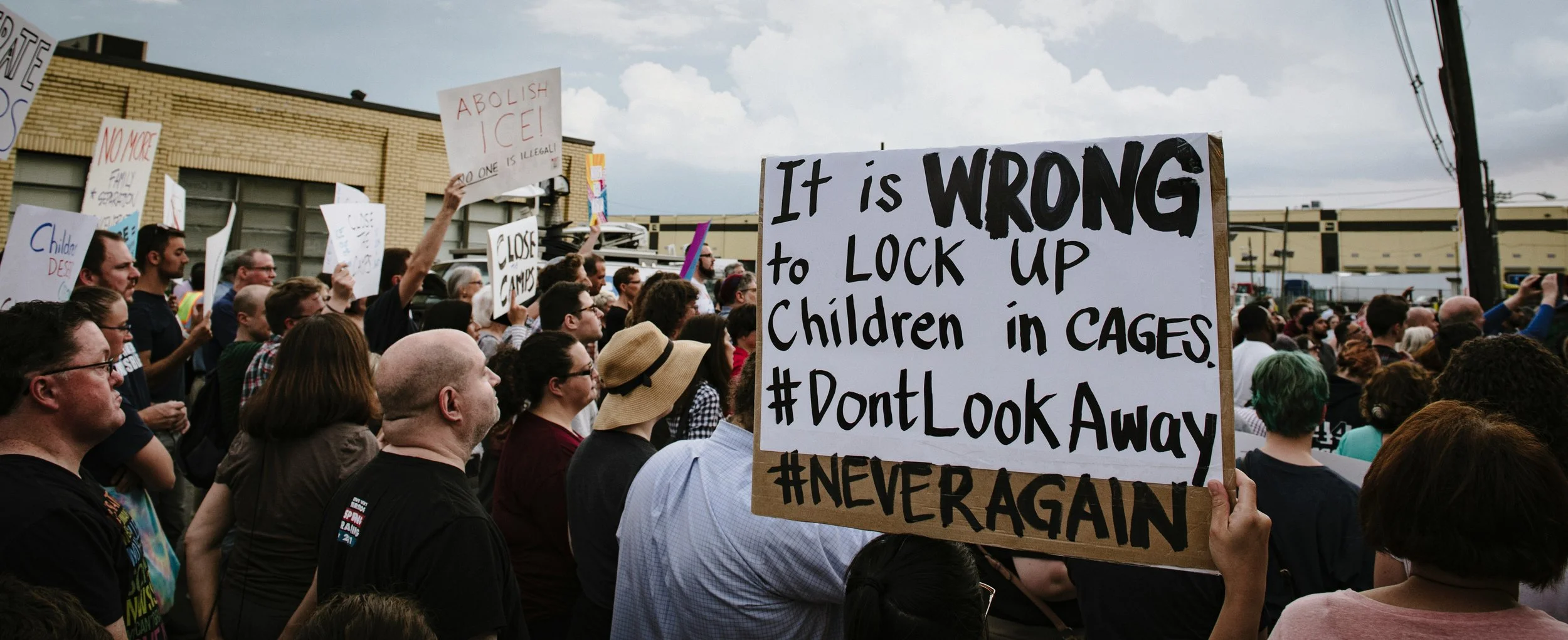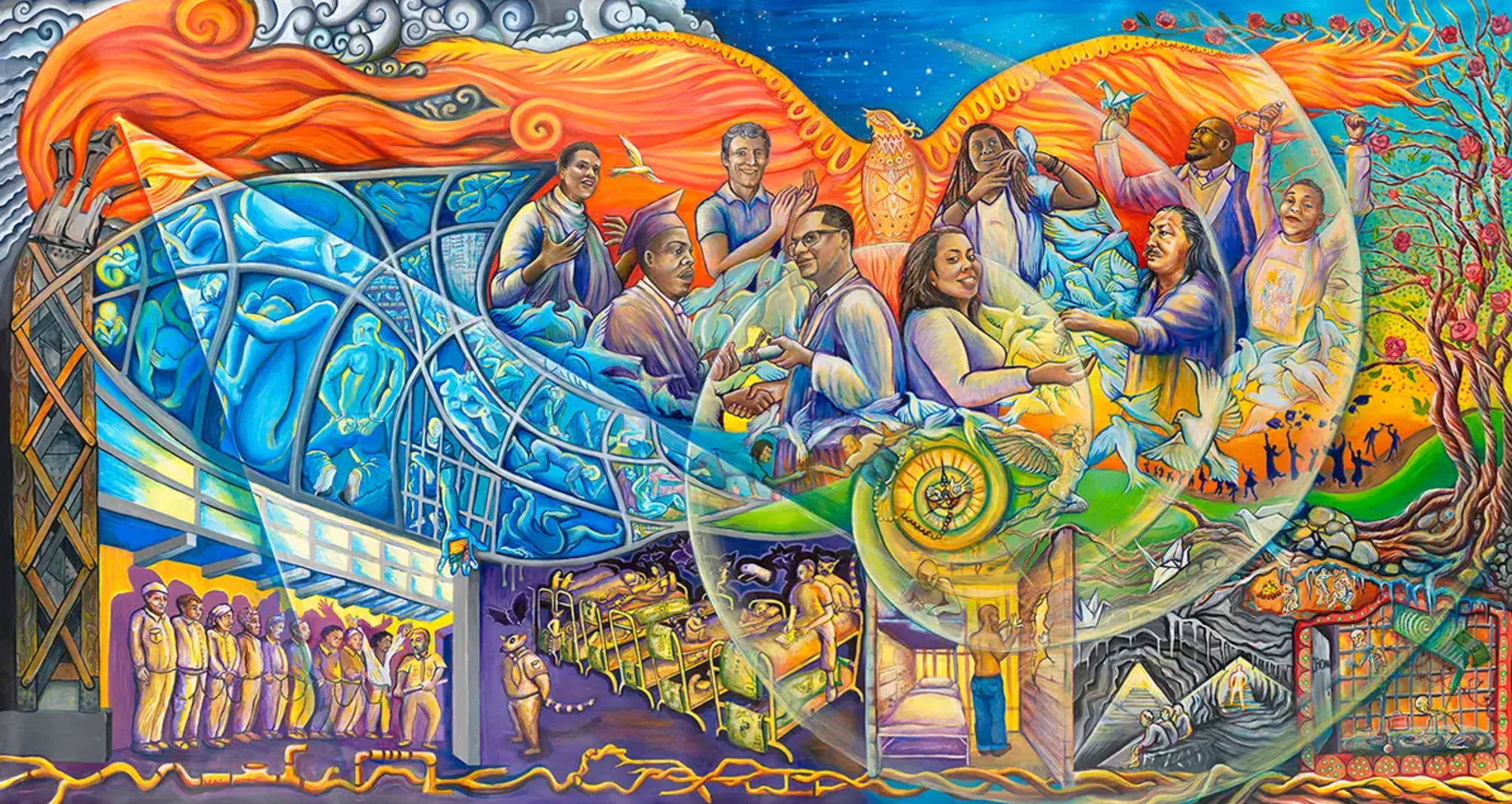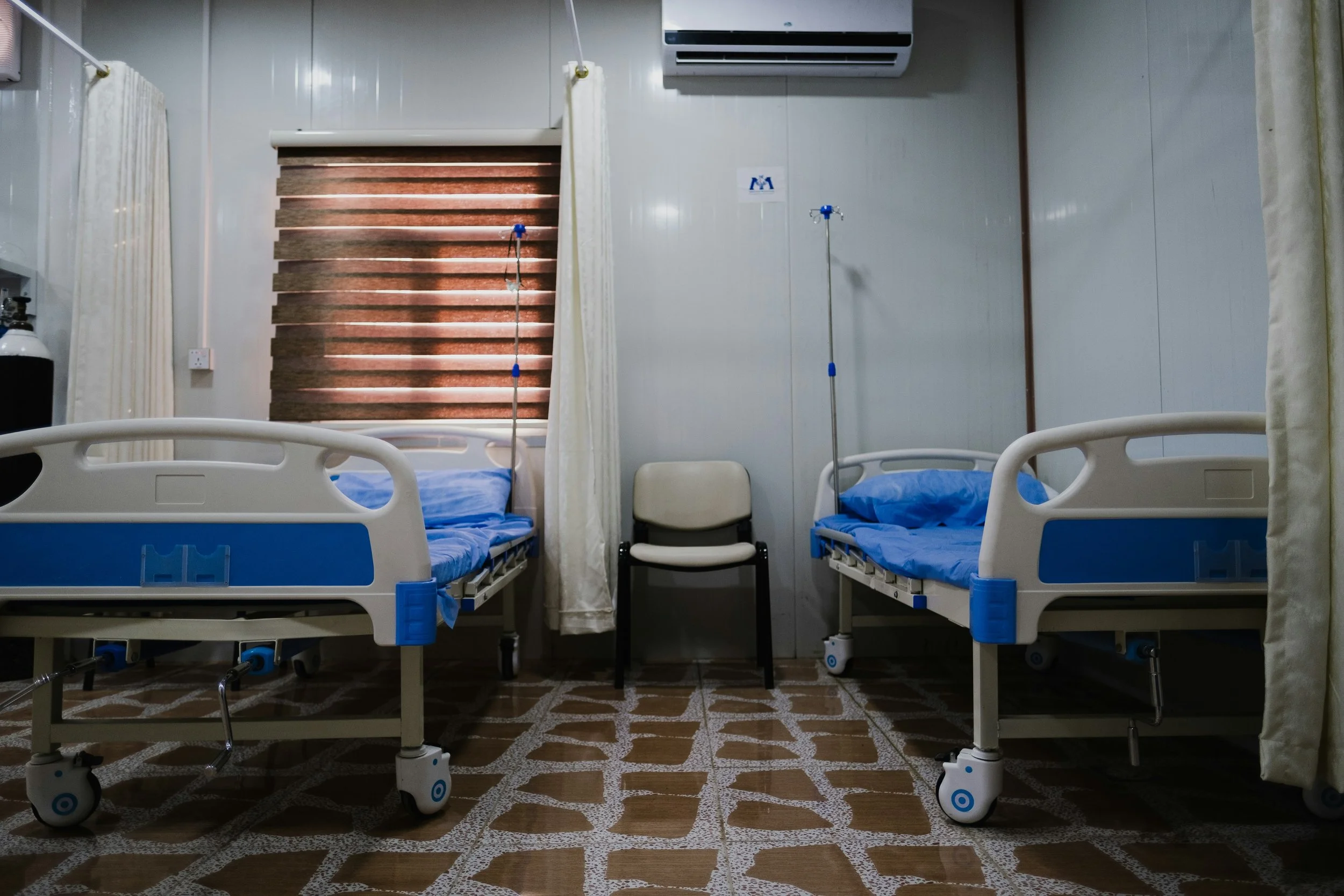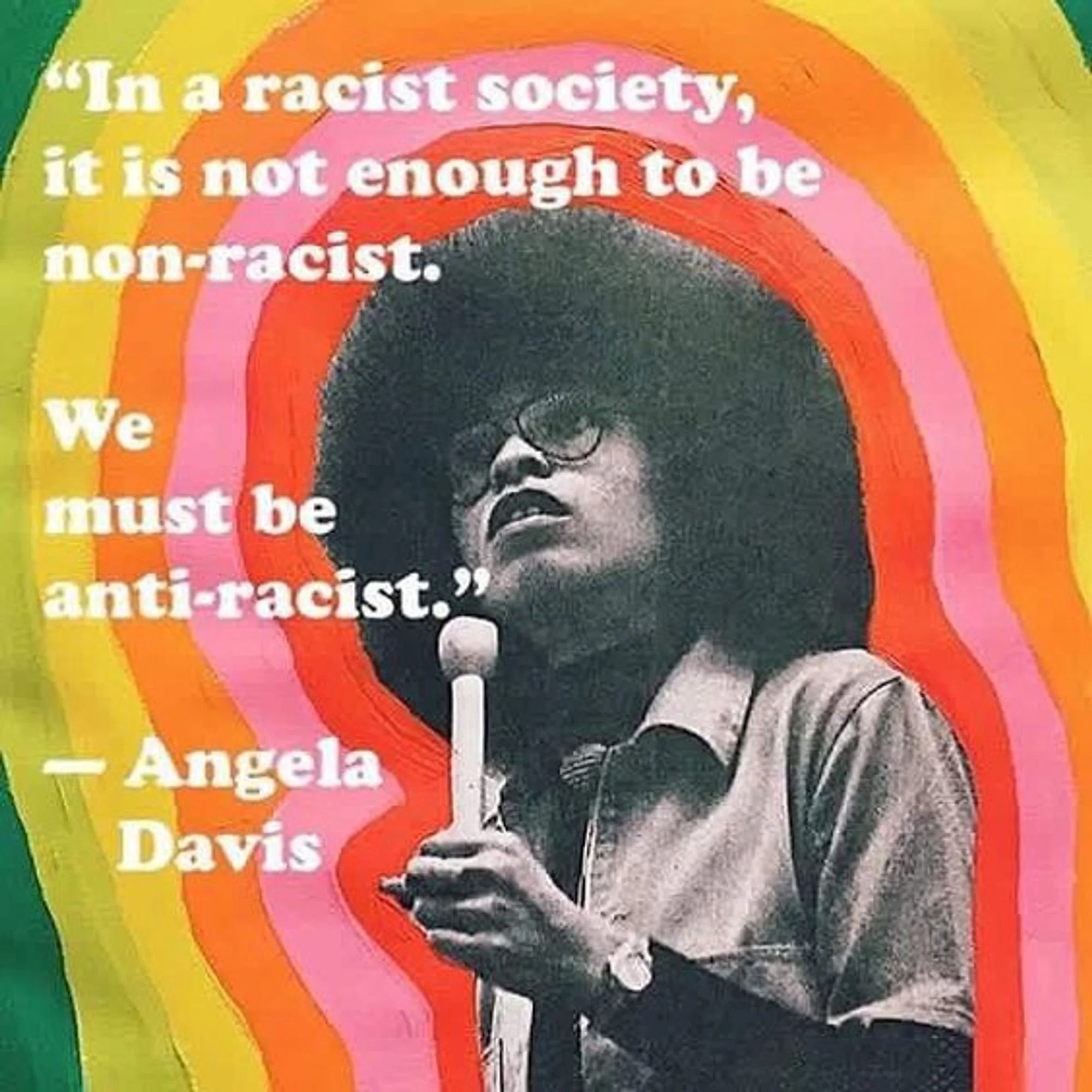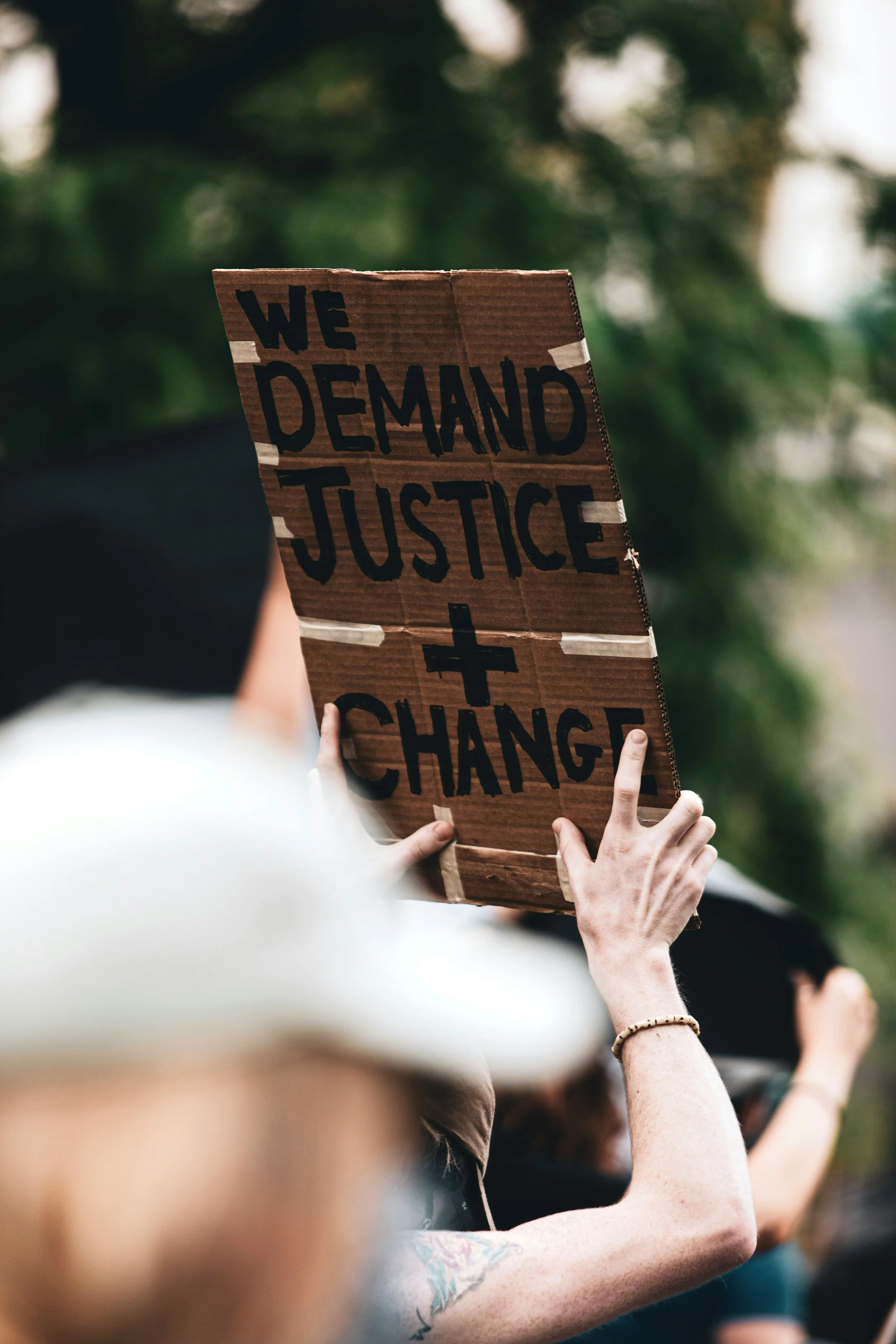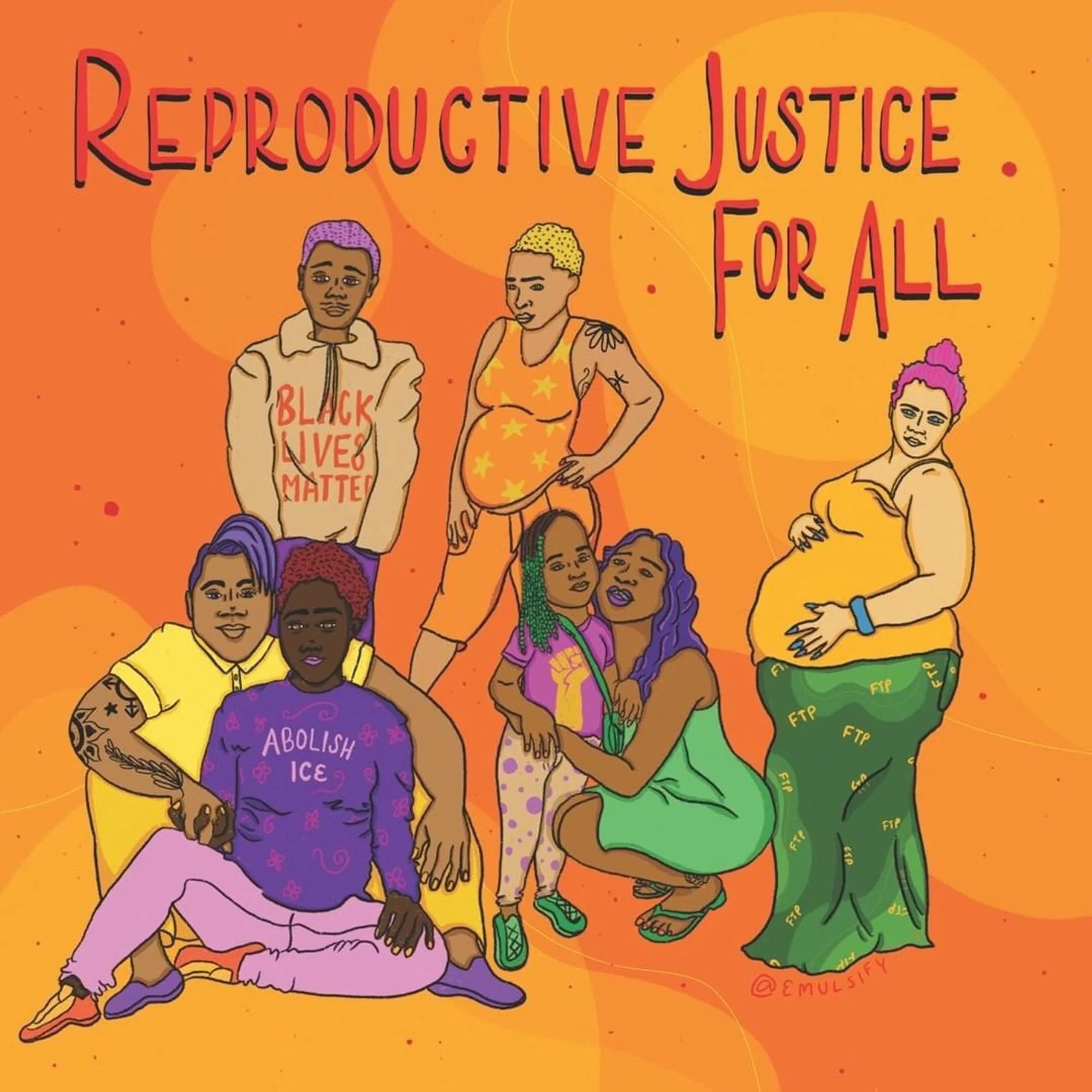
Interactive public resource for feminist health justice.
What is health justice?
The concept of "health justice" is steadily gaining prominence in discussions about medicine and science. Groups like White Coats for Black Lives, Health Justice Commons, the Freedom School for Intersectional Medicine and Health Justice, and California Latinas for Reproductive Justice have asserted the importance of foregrounding economic, racial, gender, sexual, immigrant, and disability justice in these fields. These activist groups build on legacies of health justice, such as Black Panther-founded community clinics, the Young Lords' occupation of the underfunded Lincoln Hospital in the South Bronx, and feminist self-help health networks of the 1960s and 70s. Some medical and public health schools have recently begun to offer certificates in health justice or structural competency. In the wake of the combined crises of COVID-19 and ongoing murders of Black people and other people of color by police, the message that racism is a public health issue is circulating broadly. In addition, racist and misogynistic histories of medicine are being increasingly exposed, such as California's legacy of racist forced sterilizations.
Although "health justice" is increasingly entering discussions and debates about the role of science, medicine, and public health, we have identified the need to more clearly define what "health justice" is and to think through what would make health justice feminist.
What is intersectional feminism?
Feminism is interested in how power relations and social structures affect people’s wellbeing and it pays special attention to how these effects are unevenly experienced. A feminist viewpoint of health contends that social determinants (such as access to quality and affordable healthcare or the availability of nutritious foods) play an important role when it comes to health.
Intersectional feminism, in particular, looks to where various identities meet as relates to health equity and justice. Intersectional feminism understands how health disparities impact specific communities in unique ways and arrives at this knowledge by listening to the voices and dialogues of those who are impacted. Aligning with various feminist scholars and theorists like Angela Davis, Kimberlé Crenshaw, and Sarah Haley, we take a community-centered, anti-oppression approach at tackling structural issues about health from the ground up.
Intersectional Feminist Health Justice asks that we address how many overlapping factors contribute to people’s overall health. Environmental hazards and economic hardships have a very direct relationship with health and are just a couple of examples showing how social inequities contribute to health disparities in marginalized populations.

Structural Frameworks
Fatphobia
Research Ethics
Environmental Health
Housing Justice
Education
Public Health
Ableism and Disability Justice
Mental Health
Immigration
Carceral System and Abolition
Healthcare Policies and Approaches
Anti-Racism
Intersectional Feminism
Defining Justice
Coloniality and Decolonization
Sexual and Reproductive Health





